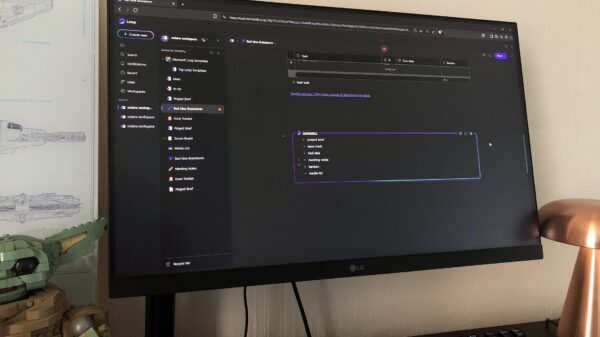The Trump administration has announced a significant expansion of oil drilling off the coasts of California and Florida, marking the first such initiative in decades. This plan aims to bolster U.S. oil production, which President Trump emphasizes as crucial for energy security. Critics argue that the initiative poses substantial risks to coastal communities and ecosystems.
The federal government has not permitted drilling in federal waters of the eastern Gulf of Mexico, including areas off Florida and Alabama, since 1995 due to oil spill concerns. California, while hosting existing offshore rigs, has not seen any new federal leasing since the mid-1980s. The administration’s proposal includes six offshore lease sales off California and new drilling opportunities at least 100 miles from Florida’s shores.
Opposition to this plan has already emerged, particularly from California Governor Gavin Newsom, who has been vocal about his disapproval. Newsom, a Democratic figure eyeing a potential presidential run in 2028, stated that the proposal is “dead on arrival.” His administration emphasizes the economic importance of clean beaches and tourism, which could be jeopardized by increased offshore drilling.
In Florida, the proposal is also expected to face bipartisan resistance. Senator Rick Scott, a Republican and former governor, has previously campaigned against similar drilling plans, highlighting the vital role of Florida’s coastal environment in the state’s economy. Scott recently co-sponsored a bill to maintain a moratorium on offshore drilling in Florida, asserting, “As Floridians, we know how vital our beautiful beaches and coastal waters are to our state’s economy, environment and way of life.”
The proposed five-year plan is extensive, including over 20 lease sales off the coast of Alaska, with areas like the High Arctic targeted for future drilling. The American Petroleum Institute has supported the administration’s efforts, advocating for the inclusion of all offshore areas that could generate jobs and revenue. They argue that expanding access is essential for advancing America’s energy dominance.
In contrast, environmental groups and Democratic lawmakers have raised alarms regarding the potential consequences of opening vast coastlines to new drilling activities. They warn that it could devastate coastal economies, threaten national security, and harm ecosystems. A letter signed by Senators Alex Padilla and Adam Schiff and Representative Jared Huffman stresses that oil spills can cause irreparable damage and lead to significant financial burdens on taxpayers.
The League of Conservation Voters condemned the administration’s plan, labeling it “dangerous.” The group’s conservation program director, America Fitzpatrick, criticized the initiative, stating that it would jeopardize coastal communities and prolong reliance on fossil fuels without addressing energy costs.
This offshore drilling proposal represents a pivotal moment in U.S. energy policy, reflecting the Trump administration’s shift away from climate-focused initiatives introduced under former President Joe Biden. The administration has taken steps to reverse many of Biden’s environmental regulations, aiming to increase fossil fuel production.
As the debate over this controversial plan unfolds, the implications for coastal states and their economies remain a central concern. The administration’s push for increased oil drilling continues to ignite discussions about the balance between energy production and environmental protection.






































































